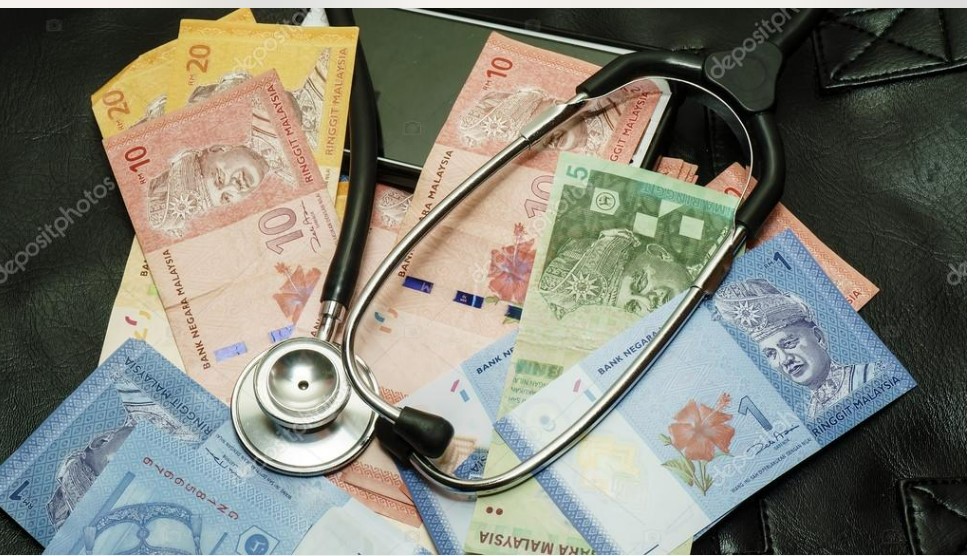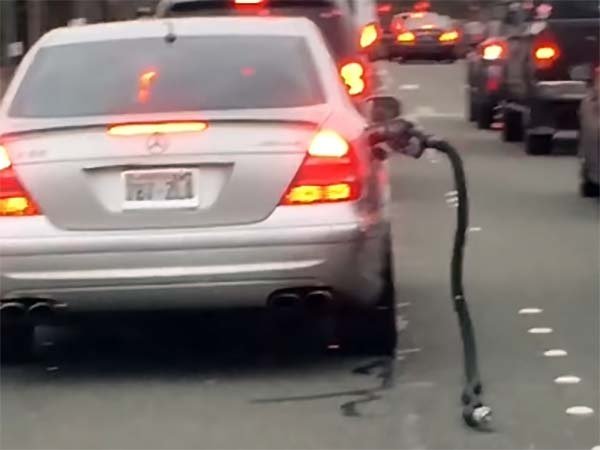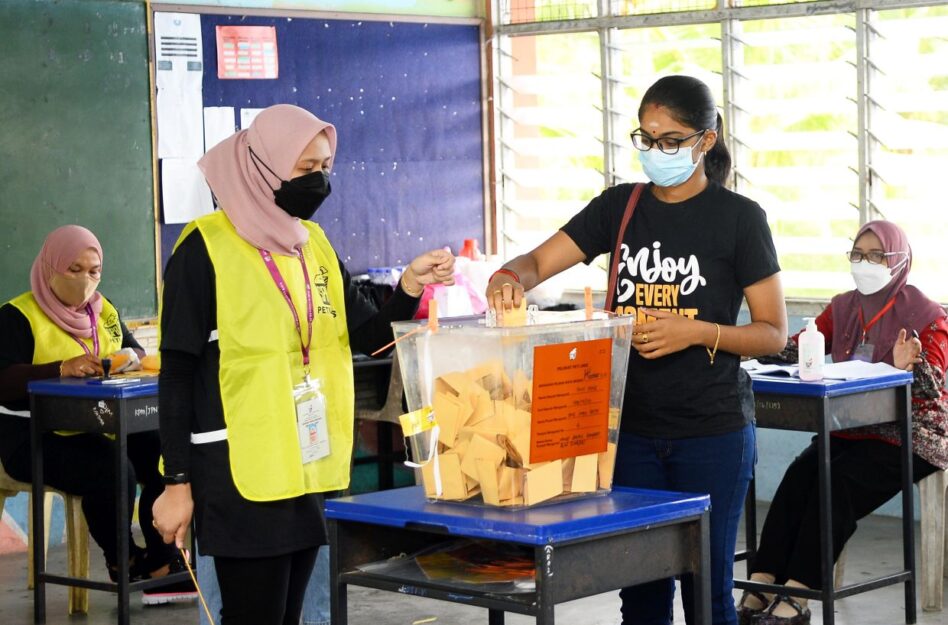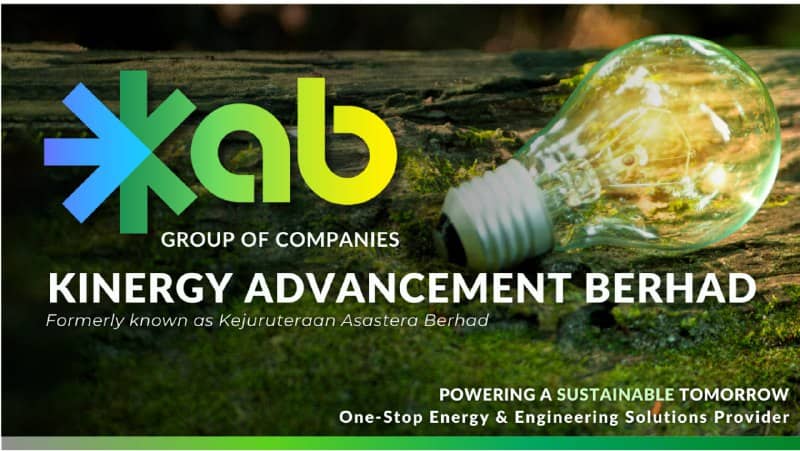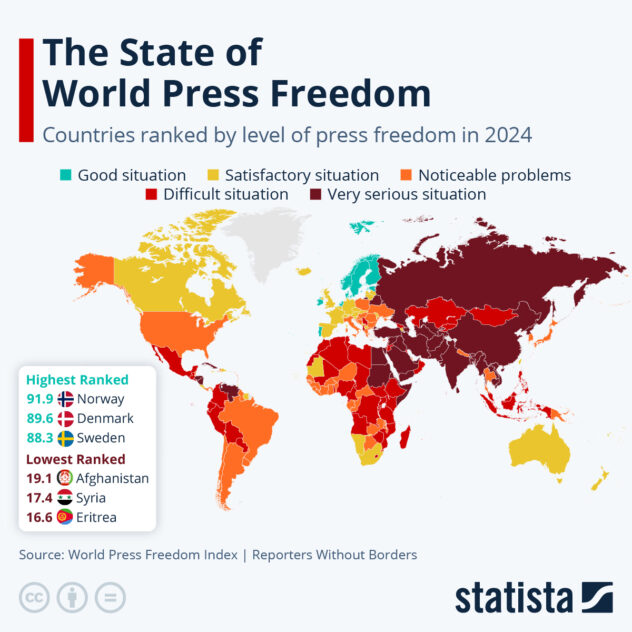BASED on my analysis of the then Malaysia’s 2020 trade figures, I concluded that our top exports are mainly labour-intensive assembly operations and resource-based or extraction, while imports are manufactured or intermediate goods.
About 20% of the exports are re-exports, not something to be proud of. Declining imports of intermediate goods imply less value-add activity domestically.
It seems Malaysia’s industrial structure has gone back to the “land, labour and capital” factors of production. No wonder we hear of ever-increasing destruction of pristine forests and water catchment areas for construction, mining and natural resource extraction.
It is good our new economy and deputy finance ministers are suggesting digital economy, high-tech industry, and value-added services to reduce our debt levels.
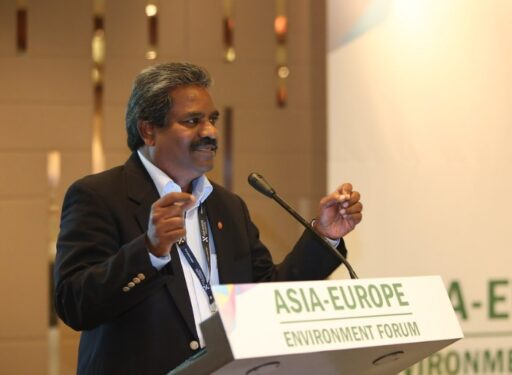
This has been talked about for more than a decade. But please implement it, talk is easy. The fact we are still clamouring for cheap foreign labour while our graduates are unemployed or under-employed shows we are still far away in upgrading our economy.
The quality of foreign direct investments (FDIs) similarly mirrors our export trends. We should free our businesses, and not shackle it by government monopoly, subsidies, quotas and licenses. When there is a demand, let free market forces respond to it.
The government should not be saying if chicken and egg prices are high, then don’t buy it. The theory of elasticity of demand and supply only applies to a perfect market, and even then not for basic essential goods. Free our market and make it perfect first. This is economics 101.
Fiscals sucked dry
This is equivalent to households not spending within its means, incurring ballooning debts and having to sell off cherished family assets, or borrow from friends. The government faces a serious structural and systemic problem in our fiscal space.
Based on the 2021 budget, I calculated that emoluments and retirement gobble up 47.4% of revenue. Another 16.5% is wasted on debt servicing which at current debt levels will be much more.
These are what we call sunk costs unless value can be extracted out of it. Apart from emoluments, a bloated executive and civil service requires even more funds for operations. After all, with no additional money or projects, these people cannot do their jobs, right?
Take for example the distribution of food packages to the needy and even during disasters. The current modus operandi is to provide lavish packaged boxes with VIP pictures at a dedicated ceremony with the recipients having to line-up wasting half their productive day. Compare this to providing an e-commerce voucher with the food stuff delivered at the door.
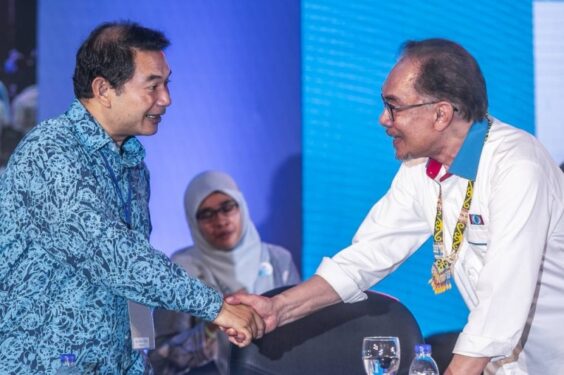
Prime Minister Datuk Seri Anwar, then opposition leader, claimed that RM2 bil was spent on foreign consultants to draw up the 12th Malaysia Plan (12MP). During my time in the civil service, all the agencies, coordinated by the Economic Planning Unit (EPU), would brainstorm and prepare the development plans. It seems the trend now is to farm out contracts or consultancies for what the civil servants were employed to do.
Anwar has promised a new paradigm of governance, not business-as-usual (BAU). Economy Minister Rafizi Ramli said doing the same thing over and over again expecting different results is insanity. He claimed he is bursting with ideas and is impatient to implement it.
Between Anwar and Rafizi, they control the operating and development budgets. With a recession predicted this year, an expansionary deficit budget may be necessary, but adding on more debts would be suicidal to the economy.
Whoever said running a government is easy, unless of course if we have plundering hands all over. We look forward to the new 2023 productive “Madani” budget. – Jan 19, 2023
Dr Raman Letchumanan PhD, is a former Senior Fellow at the Nanyang Technological University of Singapore, a former director (environment) at the Ministry of Science, Technology and Environment, and a former head of environment/disaster management at the Asean Secretariat in Jakarta. Contact: [email protected].
The views expressed are solely of the author and do not necessarily reflect those of Focus Malaysia.


